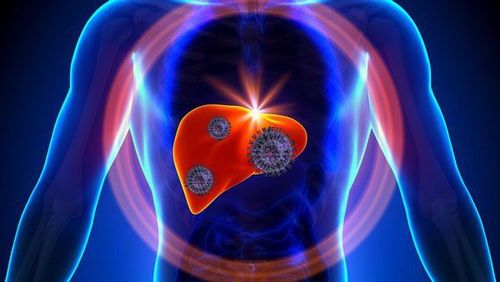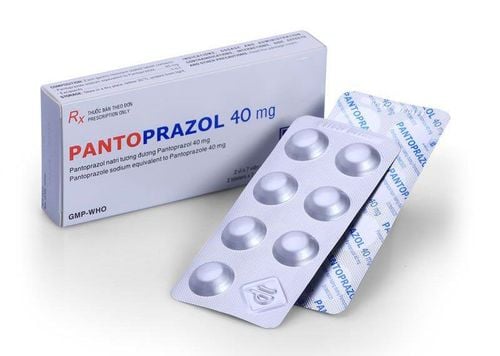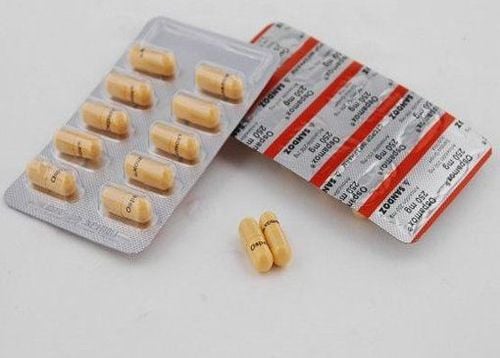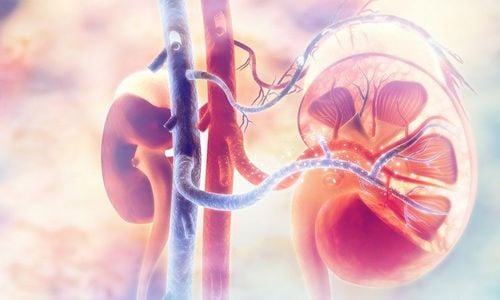This is an automatically translated article.
The article is professionally consulted by Master, Doctor Nguyen Thi Thanh Thuy - Endocrinologist - Dialysis - Kidney Transplant - Department of Examination & Internal Medicine - Vinmec Central Park International General Hospital. The doctor has more than 15 years of experience in the diagnosis and treatment of medical kidney disease, hemodialysis, peritoneal dialysis, pre-transplant screening and post-transplant follow-up.1. What is acute glomerulonephritis?
Acute glomerulonephritis is a sudden and unexpected episode of glomerulonephritis. This is the clinical manifestation of an acute inflammatory lesion in the glomeruli with sudden onset of erythrocytosis, proteinuria, edema and hypertension.There are many causes of acute glomerulonephritis such as systemic diseases or those occurring only in the glomeruli. If inflammation occurs in the kidney, scar tissue replaces normal kidney tissue, leading to irreversible kidney failure.
Acute glomerulonephritis is not just a disease but an acute glomerular syndrome. Because the clinical picture is often similar, the histopathological lesions are very diverse. The origin of the disease is not only due to streptococcus but also after infection with staphylococcus, virus, pneumococcus. Acute glomerulonephritis syndrome also presents secondary to rheumatoid arthritis, nodular periarteritis, and systemic lupus erythematosus.
Subacute glomerulonephritis and acute malignant glomerulonephritis are considered as rapidly progressive glomerulonephritis due to the rapid progression of the disease, the early mortality rate due to renal failure. Prognosis of end-stage chronic renal failure if not promptly and properly treated.
All ages can get acute glomerulonephritis. In which, the most common is in young children from 3 to 8 years old, male children have twice the rate of female children. Children under 2 years of age rarely get the disease. Adults are less likely to have acute glomerulonephritis than children.

Trẻ em dưới 2 tuối hiếm khi mắc viêm cầu thận cấp
2. Causes of acute glomerulonephritis
Bacteria that cause acute glomerulonephritis are mainly group A beta-hemolytic streptococci, especially strains 12, strains 1, 2, 4, 18, 24, 25, 49, 55, 57, 60 have a high rate of causing acute glomerulonephritis. lower disease. In which:Strains 4.12, 24 often cause infections in the throat Strains 14, 19, 50, 55, 57 often cause skin infections Some other bacteria also cause acute glomerulonephritis such as: Staphylococcus aureus pneumococcal bacteria, meningococcal bacteria, typhoid bacteria, Klebsiella Pneumoniae bacteria...
Viruses that cause acute pharyngitis, measles, mumps, chickenpox, hepatitis B, Epstein Barr...
Caused by Histoplasmosis
Caused by parasitic infections such as: schistosomiasis, Malariae, Toxoplasma gondii, Plasmodium falciparum
Acute noninfectious glomerulonephritis such as: systemic lupus erythematosus, peritonitis Arteriosclerosis or diseases caused by hypersensitivity to certain drugs, certain foods..
Acute glomerulonephritis may be caused by the body's immune system overreacting to the infection. This condition may go away on its own or have a more complicated course. If the disease does not go away on its own, it should be treated promptly to avoid long-term kidney damage.
In addition, the causes of acute glomerulonephritis are also classified according to the diseases that trigger acute glomerulonephritis such as:
Infections Post-streptococcal glomerulonephritis: The disease may arise after 1-2 weeks since the body recovers from an infection such as: pharyngitis, abscess, skin infection... In response to the infection, the body will produce more antibodies to localize in the glomeruli and cause inflammation. Children have a higher rate of developing the disease than adults, but the ability and speed of recovery is also faster. Bacterial endocarditis: bacteria can spread through the bloodstream and lodge in the heart leading to an infection of one or more heart valves. Bacterial endocarditis is associated with glomerular disease, but the relationship has not been clearly established. Viral infections: hepatitis B, hepatitis C, HIV...

Viêm gan B cũng có thể là nguyên nhân gây viêm cầu thận cấp
Please dial HOTLINE for more information or register for an appointment HERE. Download MyVinmec app to make appointments faster and to manage your bookings easily.













